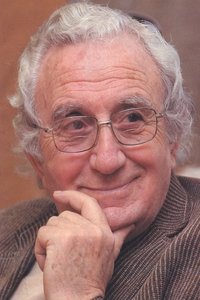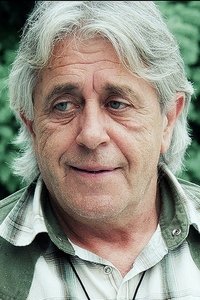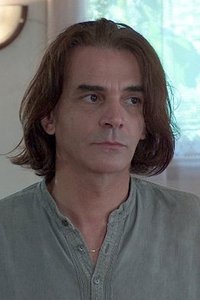Binka: To Tell a Story About Silence
Genres
Documentary
OverView
A film pioneer, Binka Zhelyazkova was at the forefront of political cinema under Bulgaria's Communist dictatorship. Though she remained faithful to the communist ideals she became an avid critic of the regime and brought upon herself the wrath of its censorship. As a result four of her nine films were shelved and released to the public only after the fall of the regime in 1989, and Binka Zhelyazkova became known as the bad girl of Bulgarian cinema. A provocative portrait that reveals the pressures and complexities that arise when art is made under totalitarianism.
Others
Budget
$--
Revenue
$--
Status
Released
Original Language
Bulgarian
Runtime
48 mins
Rating
9/10
Release Date
01 January 2007
Country
Bulgaria







